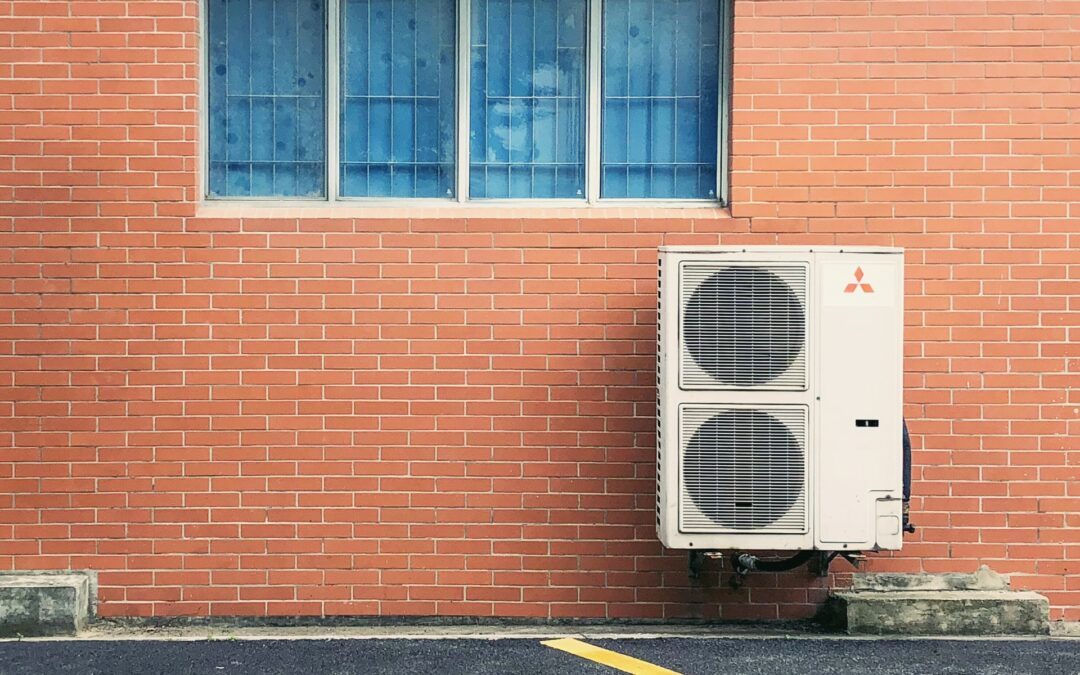Always contact a professional technician if your air conditioning system needs repair rather than routine maintenance. You can count on your tech to check and remediate problems such as insufficient refrigerant, refrigerant leaks, duct leakage in your central system, dirty or loose connections, loose belts, or an inaccurate thermostat.
However, you can minimize the need for major repairs by following a schedule of routine maintenance.
Air conditioner filters
One of the items most vital to maintaining the health of your air conditioning system is clean filters. Filters that have become dirty and clogged restrict airflow through the system, making it less efficient and increasing energy consumption by up to 15%. In addition, clogged filters allow dirt to build up on evaporator coils, making them less efficient in absorbing heat. Some systems have reusable filters, though most require new filters to be installed.
Note that checking filters only at the beginning of the cooling season is insufficient. They should be replaced at least every month or two depending on how often the system is in use.
Evaporator and condenser coils
Clean filters help slow dirt build up on evaporator coils, but eventually the coils become too coated with particles to function efficiently. Outdoor condenser coils are subject to dirt buildup from debris, dust, and lawn clippings. Clean both types of coils yearly to maintain the efficiency of your system.
Note that the area surrounding your outdoor unit should be kept clear of branches and debris to allow sufficient airflow in addition to minimizing dirt contamination of the coils.
Coil fins
Vacuum coil fins yearly with a soft brush to remove any dirt buildup. During your yearly check, look for any damage to the fins. The aluminum fins are easily bent and unless they are corrected, can compromise airflow through the coil. Experts suggest investing in a “fin comb” (available from air conditioning wholesalers) in order to quickly repair any bent coil fins.
Air conditioner pad
While often overlooked, it’s important to check your outdoor air conditioner pad at least once a year. A sinking or uneven concrete pad should be fixed before it can put undue strain on electrical lines and coolant tubes.
Off season protection
Your unit or system should be protected when it will be out of use for an extended period, such as during the winter months. Cover or store room units, and cover outdoor units to shelter them from debris and harsh weather conditions.
Note that it is recommended that outdoor units be covered with plywood rather than a tarp to avoid rust, corrosion, and rodent nests.


